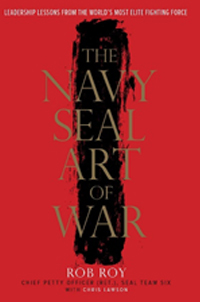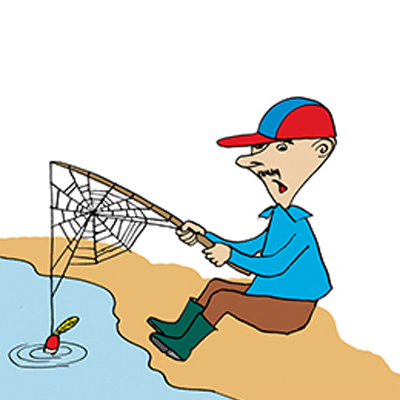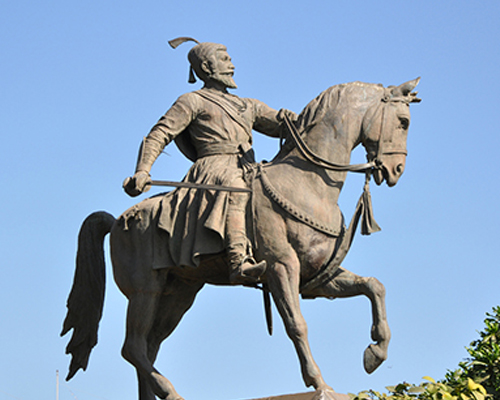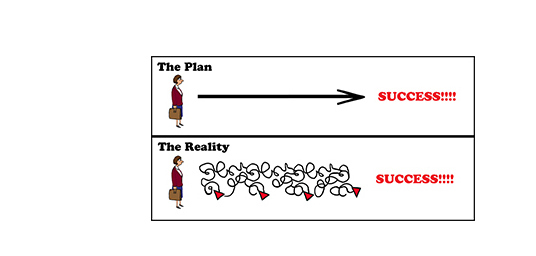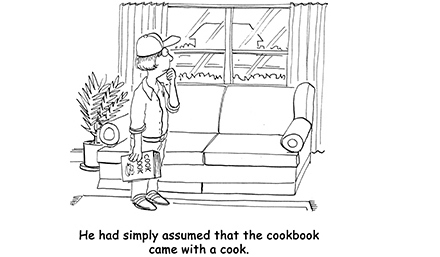An Internet search tells you that, after two hundred years, love of adventure, travel and great story telling are still prized traits in a salesperson. The peddlers honed their sales skills peddling a bewildering array of things like harecombs, needles, buttons, buttonmolds, sewing silk, beeds and scissors
What were the buyers like? Not any different from today. “Guild found” says the author “that the customers bargained to get the lowest possible price”. So, the notorious price objection too is a couple of centuries old. As is the perception of price representing value. The book has a story where the peddler hopes to sell scissors quickly at the low price of twelve cents a pair and is dismayed that customers are reluctant to buy. Most feel, at that price the scissors couldn’t be any good. So, the peddler tries an experiment. He divides the scissors – all of the same quality – into two packs, some priced at twelve cents and rest to be sold at twenty-five cents. Result? Improved sales!
No sales training today is complete without basics on body language. “Guild’s sentiment of projecting confidence—of ‘putting oneself forward’ in a bold way—became common advice in how-to-sell books of the late nineteenth and early twentieth centuries” the author observes
The section on the origins of American salesmanship ends with an absorbing lesson from the techniques of circuit riders. Like the peddlers, circuit riders also travelled extensively. But unlike peddlers, circuit riders sold religious books and made efforts to get people to adopt a particular religious persuasion. The story is about a circuit rider, Erwin, who tries to make a follower out of a farmer who is highly resistant (Sales resistance?). Erwin is quoted as having written: “One morning I went to visit him; found him alone working in his hayfield. He gave me rather a rough reception, but I paid no attention to his ravings, inquired about his farm, how much hay he cut to the acre and so on. I told him that I needed physical exercise and if he would get me a rake I would help him while I remained. Erwin worked hard until evening, and then was asked to stay for dinner. After eating—and gaining the man’s confidence—Erwin then asked the man and his wife to pray with him, which they did, and so gained a follower”
Selling in the end, is not just about superior techniques. As Erwin’s story shows, it is also about attitude. Especially an attitude of waiting patiently while working actively for outcomes we want. Over two centuries, more sales has changed, the more it has remained the same. The timeless principles of excellence in selling continue to be relevant today as they were when salesmanship was born. An attitude of active patience is one such
A pdf extract of the original book by Walter A Friedman titles ‘Birth of a Salesman’ is here


